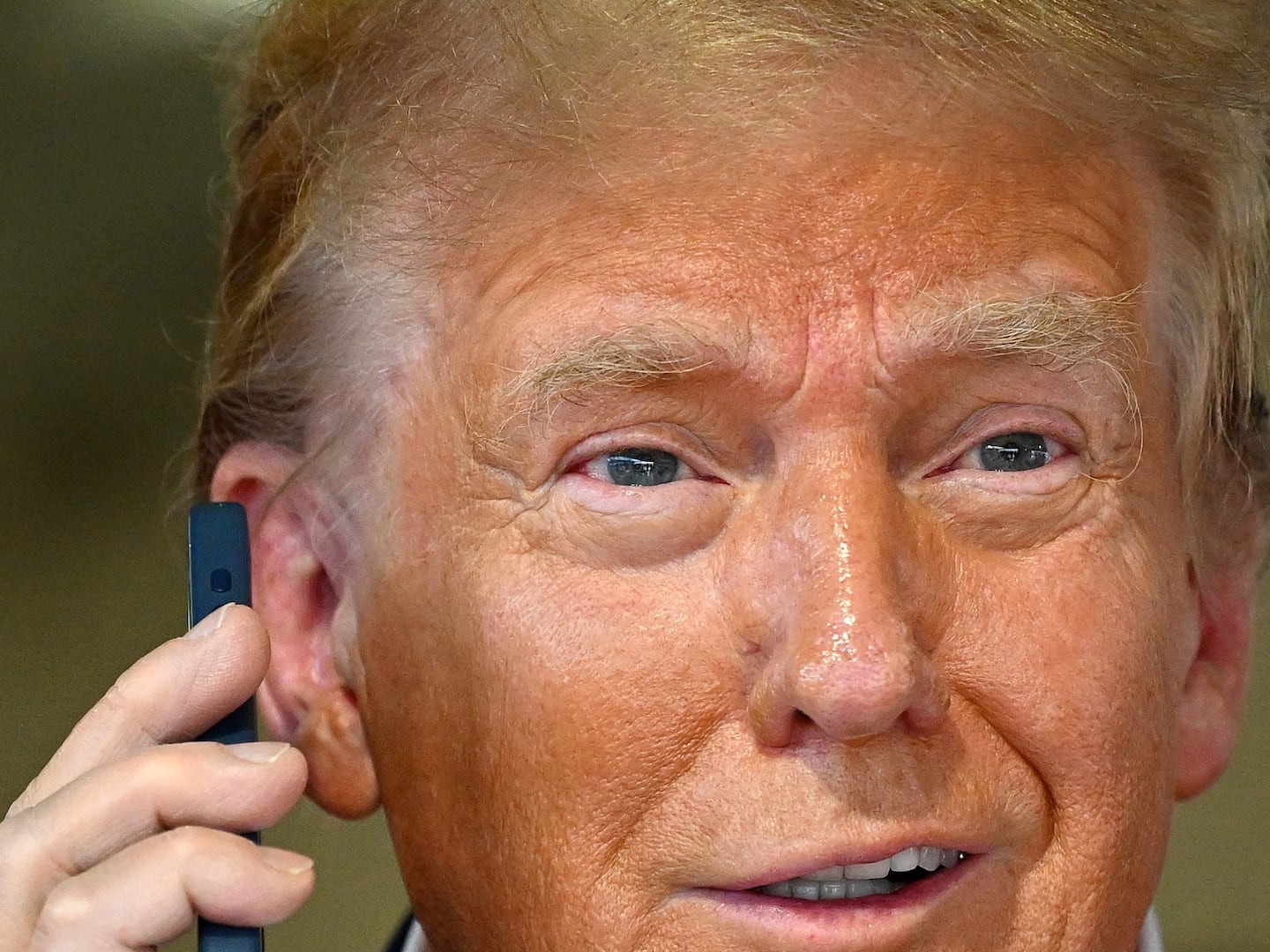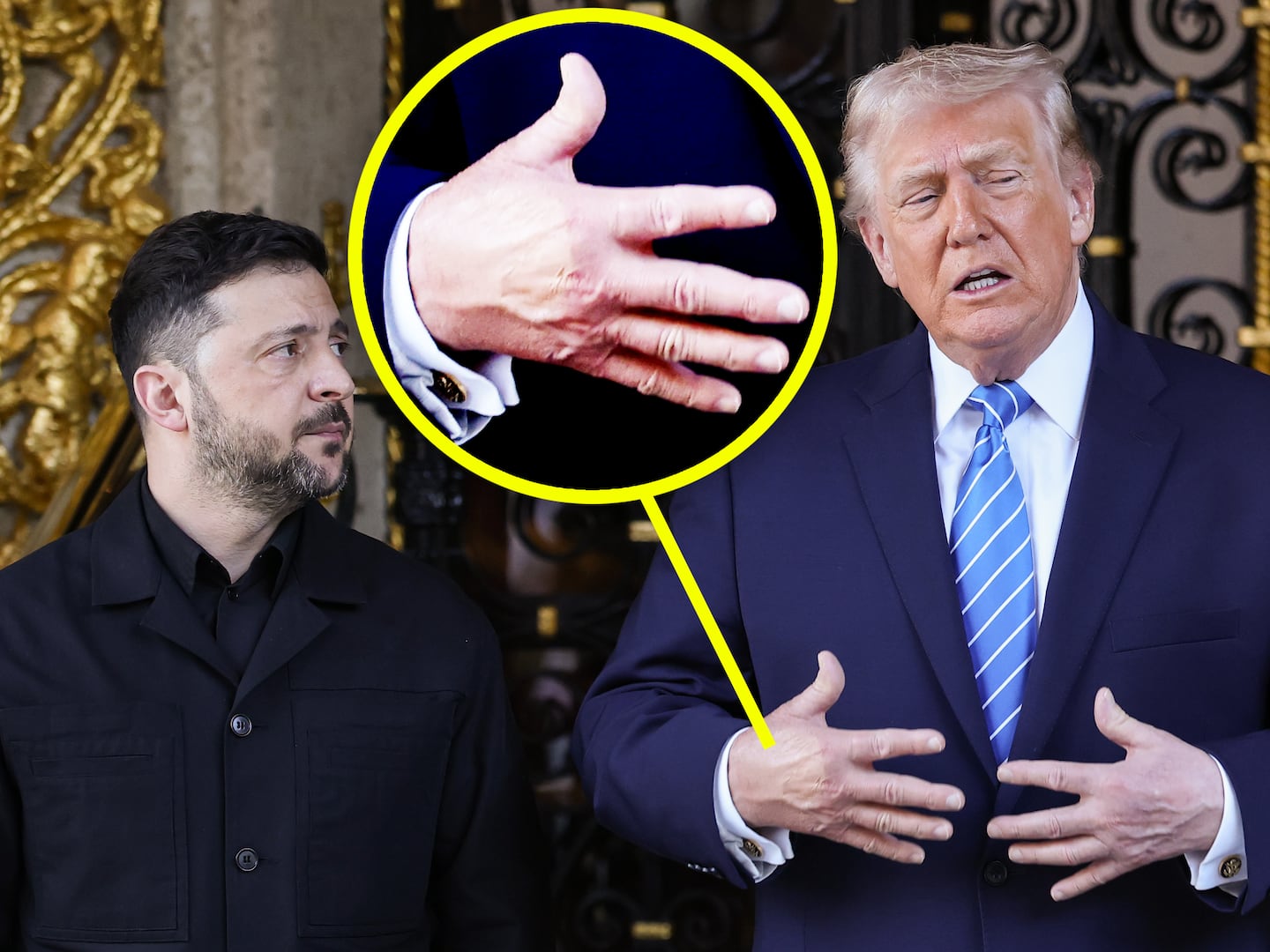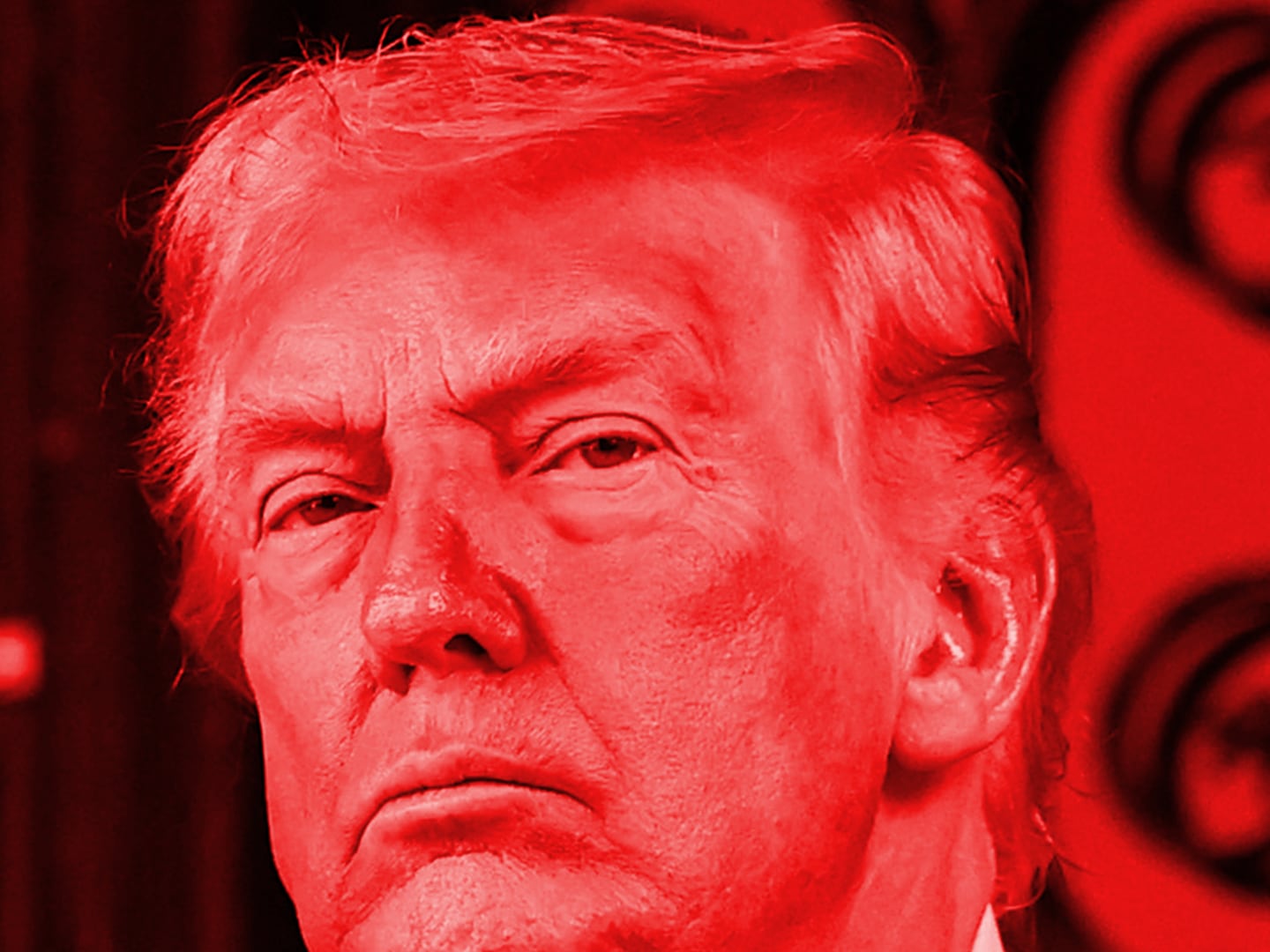
Al Qaeda’s failed attack on Christmas Day has made the defeat of the organization’s franchise in Yemen a top priority for the Obama administration. Under the radar screen, the administration had already been focusing more attention and resources on Yemen and al Qaeda in the Arabian Peninsula since Obama’s inauguration, but now that effort has rightly been shifted to the front burner. But the mission will be exceedingly difficult to accomplish, as Yemen has always been one of the world’s least-governed spaces, is deeply divided on complex and confusing sectarian and regional grounds, is armed to the teeth, and has a ruling government that is a weak partner in the fight. To make matters worse, several decades of bad U.S.-Yemeni relations have soured most Yemenis on America and made many sympathetic to al Qaeda.
To make matters worse, several decades of bad U.S.-Yemeni relations have soured most Yemenis on America and made many sympathetic to al Qaeda.
Yemenis are desperately poor, half illiterate, and very young, but armed to the teeth. Every male always carries a large dagger with him and usually an automatic weapon. Many are addicted to the local narcotic, the qat leaves, that are grown in the country. Growing qat is so lucrative that about 40 percent of the nation’s dwindling water supply is devoted to its cultivation. Almost half of Yemeni children under 5 are chronically malnourished.
The Saleh government has ruled by the motto “divide and accommodate.” President Ali Abdullah Saleh, who survived a Saudi-backed southern rebellion in 1994 and has now been in office 21 years, is a Zaidi Shiite but also a firm Arab nationalist. (The Zaidi Shiites, a minority group that makes up about 45 percent of the population, is a uniquely Yemeni Shiite movement that is independent of the larger, mainstream Shiite sect that runs Iran.) Saleh backed Saddam Hussein and Iraq in the first Gulf War in 1990. In response, the Saudis expelled a million Yemeni expatriate workers from the kingdom and backed the anti-Saleh southern insurrection in 1994. Saleh has allowed parliamentary elections, but the regime is a police state, just a weak one.
• Tunku Varadarajan: Get Tough with Pakistan• Peter Beinart: Cheney Was Right• Bruce Riedel: The Menace of YemenYemen’s battle against al Qaeda illustrates its weaknesses. Again and again, al Qaeda operatives have been captured by the government, only to escape from prison. The current head of al Qaeda in the Arabian Peninsula, Nasir al-Wahishi, broke out of the nation’s No. 1 prison in 2006 along with 30 other terrorists. His No. 2, Said al-Shihri, is a Saudi released by the Bush administration from Guantanamo to Saudi Arabia. Al Qaeda in the Arabian Peninsula strongholds are mostly in Yemen’s south, in the remote Sunni tribal provinces that the British, communists, and Saleh have never really governed, and where Osama bin Laden’s family comes from.
U.S.-Yemeni relations have never really recovered from the 1990 Gulf War. All aid was cut off in 1991, and resumed only slowly. After al Qaeda blew up the USS Cole in Aden harbor in 2000, the ensuing investigation only served to embitter both sides further, as each claimed the other was holding back key information. The Bush and Obama administrations have rightly refused to send Yemeni detainees back from Guantanamo, given the history of prison breaks in the last decade. And Yemenis rightly believe we treat them like a poor cousin of their traditional Saudi enemy, whom they have hated since they lost a border war with the kingdom in the 1920s.
But there is no “made in America” answer to al Qaeda in the Arabian Peninsula. Drones can kill key operatives if we have good intelligence on where they are, but that primarily comes from the Yemenis. Controlling lawless spaces where al Qaeda thrives must be a Yemeni mission. We can and should help with military and economic assistance, but the Yemenis have to buy into the job. Despite years of bad relations between Riyadh and Sana’a, we also need the Saudis and the Gulf Arabs to help provide the economic aid and jobs that are the only long-term solution to salvaging Yemen’s anemic economy. Thankfully, they seem to be recognizing that a failed Yemen will destabilize the entire Arabian Peninsula.
We also need to keep in mind that al Qaeda in the Arabian Peninsula still takes its strategic guidance and direction from the terror organization’s core leadership in Pakistan and Afghanistan. The merger between the Yemeni and Saudi factions of al Qaeda that created al Qaeda in the Arabian Peninsula last January was directed by bin Laden. Yemen is a vital battlefield in the war against al Qaeda, but the epicenter is still in Pakistan.
Bruce Riedel is a senior fellow at the Saban Center in the Brookings Institution. He chaired President Obama’s strategic review of Afghanistan and Pakistan last winter and is author of The Search for Al Qaeda.






